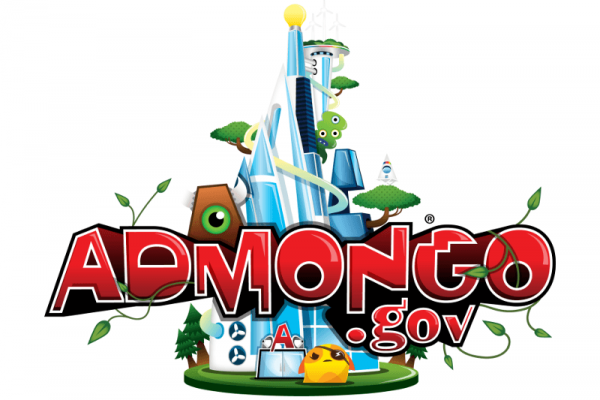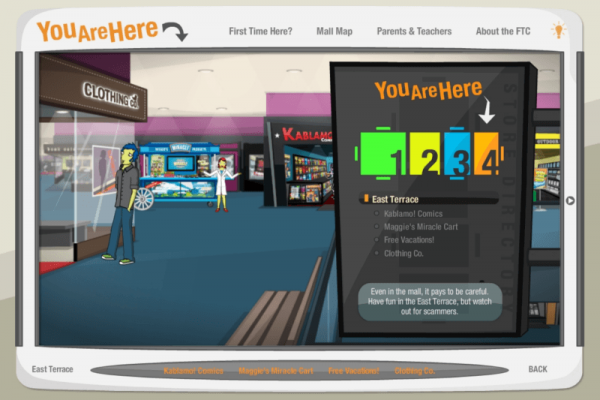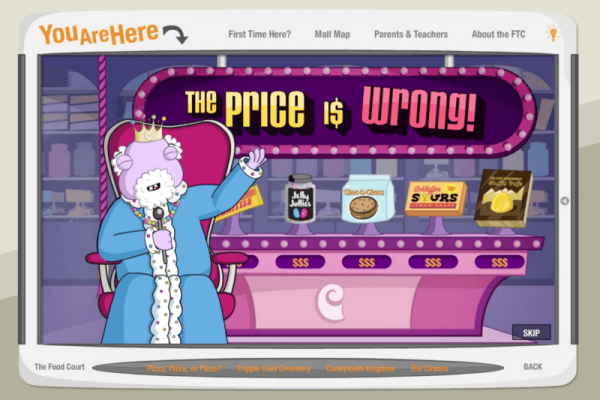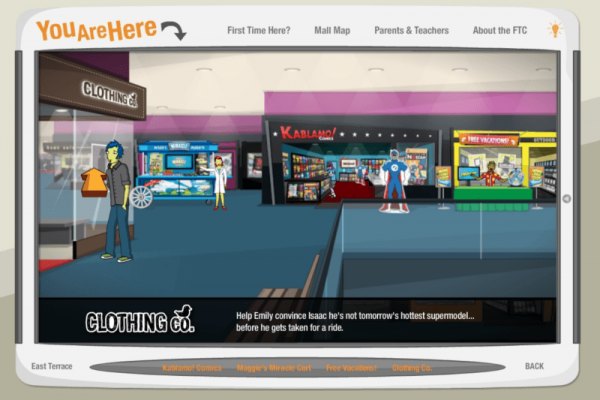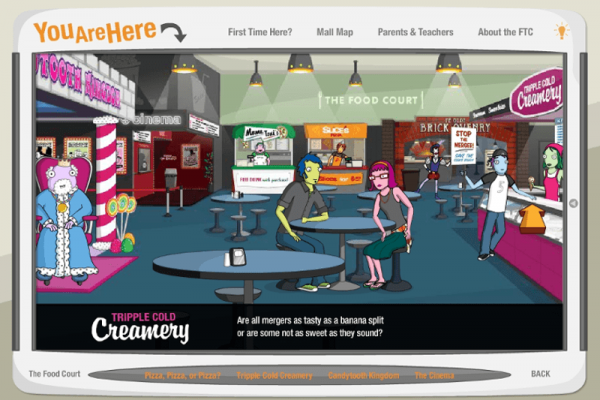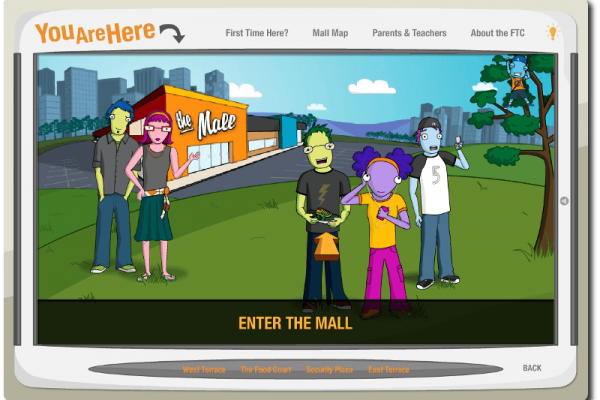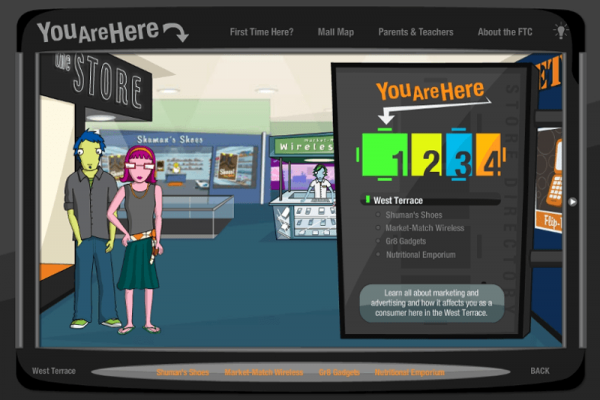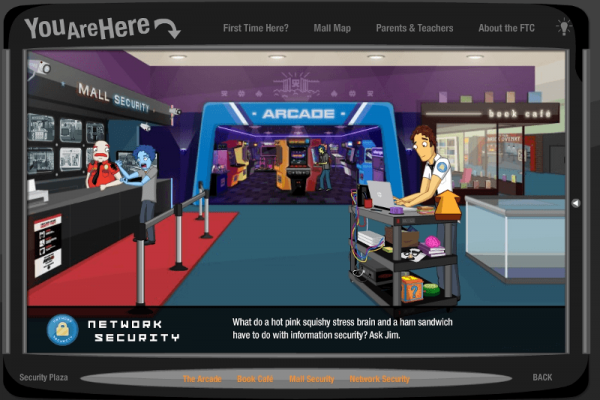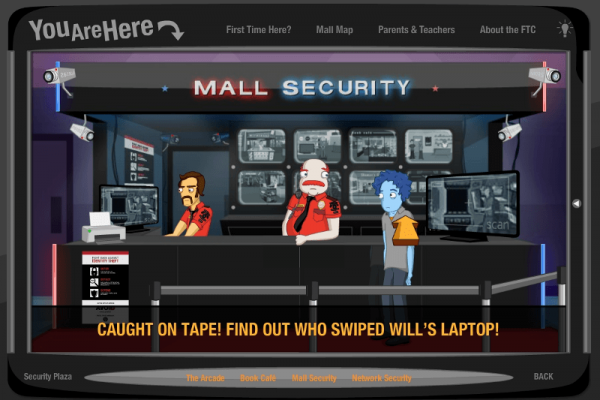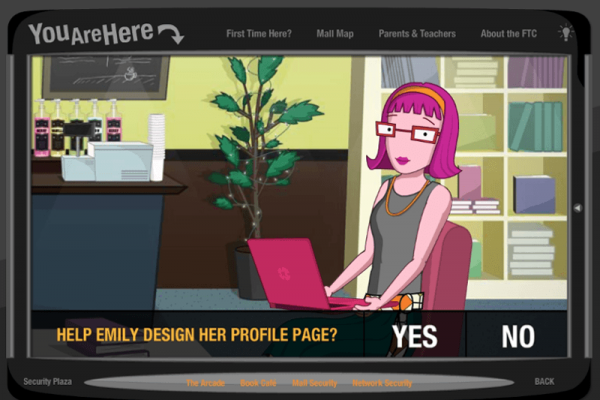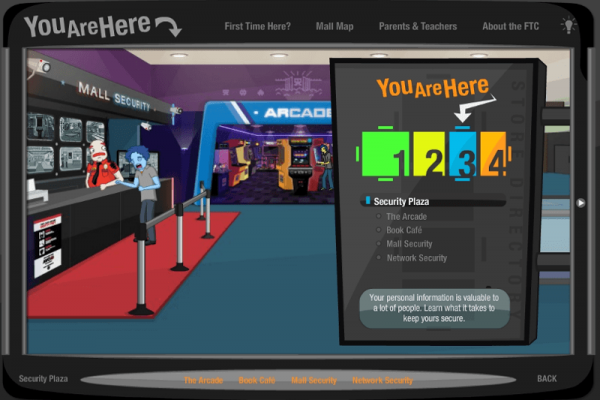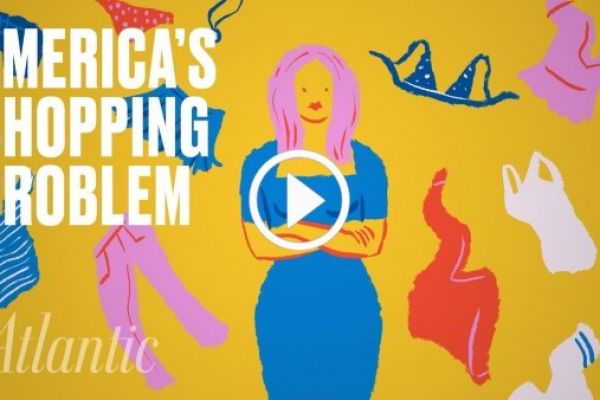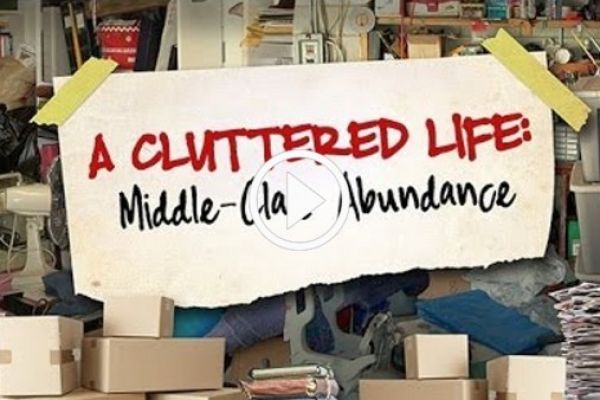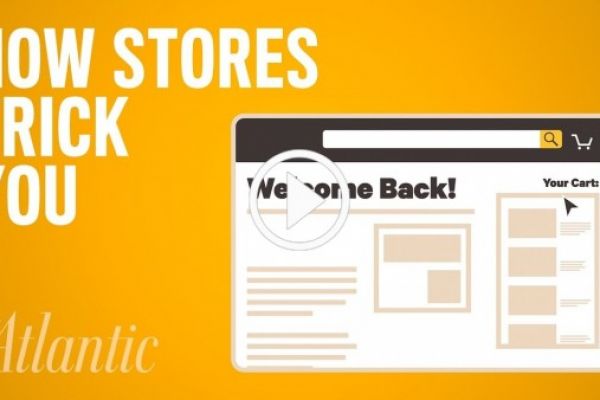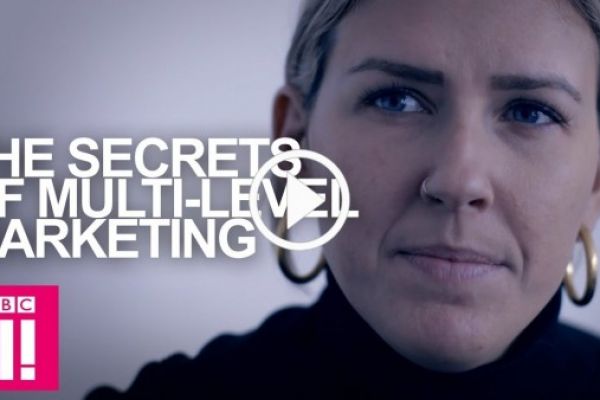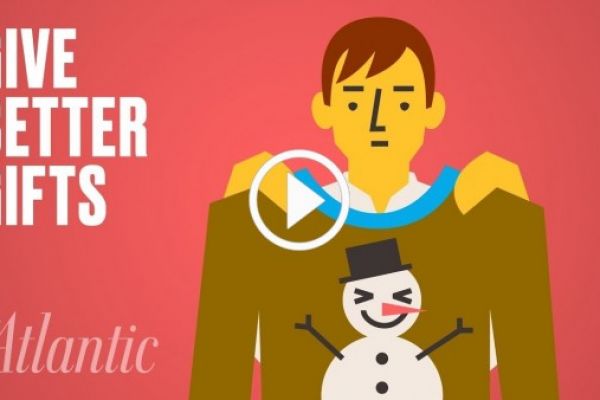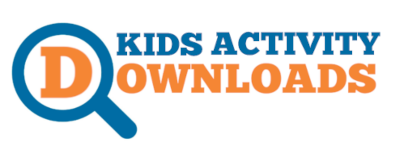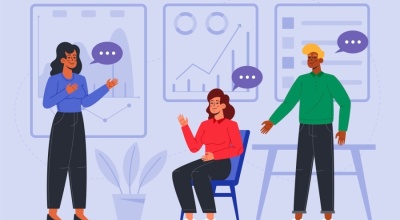NOTE: Admongo.gov new site link www.consumer.ftc.gov/admongo
The Federal Trade Commission (FTC) sites for kids that teaches kids to be smarter consumers. Download educational consumer activity worksheets, lesson plans, and take-home handouts. Parents & Teachers can find resource fact sheets for all the lessons to teach children about the marketplace and FTC’s role in it.
Competition? Mergers? Supply and Demand?
Teach kids practical lessons about money and business in a fun and familiar setting.
In the virtual mall, you can play games, design ads, chat with customers and store owners, and much more. You’ll learn key consumer concepts, such as how advertising affects you, how you benefit when businesses compete, how (and why) to protect your information, and how to spot scams. What better place to do it than at the mall!
Each area of the mall focuses on a different topic. To enter, choose an area. In the mall, scroll over a store to find out more about it, then click to go inside. You can also use the Mall Map or the options at the bottom of the screen to navigate. Learn all about advertising and how it affects you as a consumer.
The Federal Trade Commission’s (FTC) Kids' Site, "You Are Here"
- Visit the West Terrace to learn about advertising techniques, target marketing, suspicious claims, and more.
- Visit the Food Court to learn about business competition, supply and demand, the history of the FTC, and mergers and monopolies.
- Visit the Security Plaza to learn about protecting your privacy (online and off) and protect the citizens of Earth against identity-stealing invaders.
- Visit the East Terrace to learn about bogus modeling offers, “free” vacations, “miracle” products, and tip-offs to rip-offs.
Know an Ad When You See One? Play Admongo!
Video: Find out why the Admongo program matters and learn about free resources.
Advertising is everywhere — online, on billboards, television…any place where we get information. Knowing how to identify advertising and understand its messages helps young people become more informed, discerning consumers. Admongo teaches lessons in a fun, interactive video game that features teaching tools for educators and parents.
About Admongo interactive video games
WEST TERRACE:
 Shuman’s Shoes
Shuman’s Shoes
Lesson: Ads and Endorsements
There are lots of different kinds of ads. Here, visitors can design their own poster for a shoe sale or listen to a popular DJ’s endorsement to determine whether it is an ad.
 Gr8 Gadgets
Gr8 Gadgets
Lesson: False or Misleading Ads
Misleading ads cause lots of problems for businesses and consumers. Visitors watch a misleading commercial and then learn how it has caused problems for everyone involved. They also learn how the FTC prosecutes companies that intentionally mislead consumers.
 Market-Match Wireless
Market-Match Wireless
Lesson: Targeted Marketing
Businesses use target marketing to reach specific audiences. Visitors can learn more about target marketing by matching different styles of cell phones with their target audiences. Play this matching game repeatedly to beat your best time.
 Nutrition Emporium
Nutrition Emporium
Lesson: Advertising Claims
Companies are responsible for the claims they make in their advertisements. Visitors learn more by examining a print ad with suspicious claims.
SECURITY PLAZA:
 Network Security Kiosk
Network Security Kiosk
Lesson: Online Safety
Network security officer Jim shares some prized possessions to show how to keep your computers and personal information safe while you are online.
 Mall Security Office
Mall Security Office
Lesson: Identity Theft
Will’s laptop has been stolen! At the security office, visitors learn who stole it, and find out what a stolen laptop has to do with identity theft. They also can ask questions about identity theft and learn how to avoid it.
 Book Café
Book Café
Lesson: Privacy and Personal Information
Emily asks visitors for help designing her online profile. Find out the consequences of posting personal information online and get tips about when it’s appropriate to share.
 The Arcade
The Arcade
Lesson: Protect Personal Information
At the arcade, visitors defend against Cyclorean space invaders who want to steal Earthlings’ personal information. They also learn why their personal information is valuable and what is so important about a Social Security number.
EAST TERRACE:
 Clothing Co.
Clothing Co.
Lesson: Modeling Scams
Isaac finds out from a modeling agent that he’s “got the look.” With Emily’s help, visitors can convince Isaac that the amazing offer is a fraud, and that he shouldn’t pay for the promise of success.
 Kablamo! Comics
Kablamo! Comics
Lesson: Job Scams
Keno tells visitors how he fell for a job scam and offers advice on how to avoid the same fate. Meanwhile, Captain Noscam’s game lets visitors blast key words and phrases that are used frequently in frauds.
 Maggie’s Miracle Cart
Maggie’s Miracle Cart
Lesson: Miracle Products
VeggieWow gives you a boost, improves your memory and clears your skin! Really? Visitors see pitches for several “miracle” products, and then work with Emily to find the clues that show these products aren’t all they claim to be.
 Free Vacations!
Free Vacations!
Lesson: Sweepstakes and Giveaways
Visitors can earn a free vacation if they hit just the right spot on the spinning wheel. After they win, they learn there’s a catch. The mall security officer helps them sniff out this fraud.
FOOD COURT:
 Pizza Pizza Pizza
Pizza Pizza Pizza
Lesson: Competition
Companies compete with each other by offering some combination of higher quality, lower prices, more choices, and better service. Visitors listen to three different sales pitches for pizza to determine which one appeals to them most.
 Candy Tooth Kingdom
Candy Tooth Kingdom
Lesson: Supply & Demand
The price of goods is usually determined by supply, demand, and production costs. Here, visitors guess the retail price of various candies by considering these factors.
 Cinema
Cinema
Lesson: History of American Business Competition
The FTC is guided by important laws: the Sherman Act, the Clayton Act, and the FTC Act. Visitors can learn more about the history of the FTC and its role in American commerce by watching a short video and asking questions afterward.
 Triple Cold Creamery
Triple Cold Creamery
Lesson: Mergers
Some mergers eliminate competition, but not all mergers are bad. Often consumers benefit because the merger combines desirable qualities from two different companies. Visitors listen to a conversation to learn more about mergers and the FTC’s role overseeing them.
How can you protect your child online
Here are some tips:
- Talk to your kids about what they’re doing online. Find out which games, social networking sites, and other online activities your kids are into and make sure you are comfortable with them.
- Talk to your children about the implications of providing personal information.
- Help your kids understand what information should stay private. Tell your kids why it is important to keep information like Social Security numbers, street addresses, phone numbers, and financial information private.
- Learn more about how to protect your child when he is online.
- File a complaint with the FTC if you think a site has put your child’s privacy at risk.
FTC Information and Resources
About the FTC
The Federal Trade Commission is the nation's consumer protection agency and one of the government agencies responsible for keeping competition among businesses strong. Its job is to make sure companies compete fairly and do not mislead or trick people about their products and services.
The Commission, which is known as the FTC, was created in 1914 and is part of the federal government. It is an independent agency within the Executive branch of the federal government, although it also reports on its activities to Congress, the Legislative branch. It is run by five Commissioners, nominated by the President and confirmed by Congress. Each Commissioner serves for a seven-year term. The President chooses one Commissioner to act as Chair. No more than three Commissioners can be of the same political party.
Three bureaus do the work of the FTC: Competition, Consumer Protection, and Economics. Several other offices help implement the mission of the bureaus.
- The Bureau of Competition's job is to promote competition in the marketplace and to challenge business practices that work against competition. The work of this bureau helps make sure that consumers have access to quality goods and services, that businesses can compete on the merits of their work, and that markets stay open and free. It does this by investigating possible violations of the law, challenging potential problems, and bringing cases when needed. The FTC does not choose winners and losers—you, the consumer, do that. Rather, the FTC helps make sure that businesses compete fairly within a set of rules and laws made by the Congress.
- The Bureau of Consumer Protection's job is to protect consumers against unfair, deceptive, or false business practices in the marketplace. This bureau makes sure that companies are playing by the rules in advertising, fair financial and lending practices, telemarketing, the privacy of your personal information, and fraud. The Bureau of Consumer Protection conducts investigations, sues companies and people who break the law, educates consumers and businesses about their rights and responsibilities, and writes rules to protect consumers like you. It also collects consumer complaints online (www.ftc.gov/complaint) or by phone (1-877-FTC-HELP).
- The Bureau of Economic analyzes how the marketplace works and how actions by businesses, the government, and consumers affect different industries. Economists provide advice and research to support competition and consumer protection investigations and court cases.
The FTC can investigate individual companies or entire industries. FTC investigations are confidential to protect the investigation and the company involved. The FTC and the company discuss the company's penalty for breaking the rules and how they can change their practices, so they do not break the rules in the future.
If the FTC and the company can't agree, the FTC can sue the company. Whether the FTC and the company agree on a settlement—or a court of law orders the company to stop—the company must be sure it follows what the settlement or court order says. Sometimes the company must pay money as a penalty. The FTC checks up on the company for years to be sure it is doing what it promised to do.
The FTC also authors reports about different business practices and markets, develops rules that explain some of Congress' laws about business activities, and informs consumers about the ways they can gather information to make wise buying decisions and protect themselves in the marketplace.
About 1,200 people work at the FTC in Washington, DC and several cities across the nation. Most of them are lawyers and economists, but there also are paralegals, graphic and Web designers, writers, marketers, librarians, people who manage databases of complaints, keep track of all the FTC's legal files, work with the media, work with Congress, and support all the work of the entire agency.
Public Downloads
All items are free to view, share, and download.
Public Downloads - Español (Spanish)
When available, we provide all our content with a Spanish version in our public download section. You can find additional material from sources listed in all our articles.
Download Consumer Literacy for Kids Activity Books, Lessons, Videos, Worksheets and Take-Home Handouts
Download Consumer Safety Activities, Free Internet Tutorials, Information, and Resources
Download Financial Literacy Activities, Lesson Plans, Information, and Resources
Video Playlist: Biz Kid$ (TV Series)
Biz Kid$ is a national financial education initiative based on an Emmy Award-winning public television series about kids, money, and business.
Using a clever blend of entertainment and education, each Biz Kid$ episode shows kids how to make and manage money by introducing concepts of financial literacy and entrepreneurship. To keep young viewers engaged, the series includes a fast-paced mix of direct education delivered by young actors, sketch comedies, animation, and stories featuring real life young entrepreneurs.


